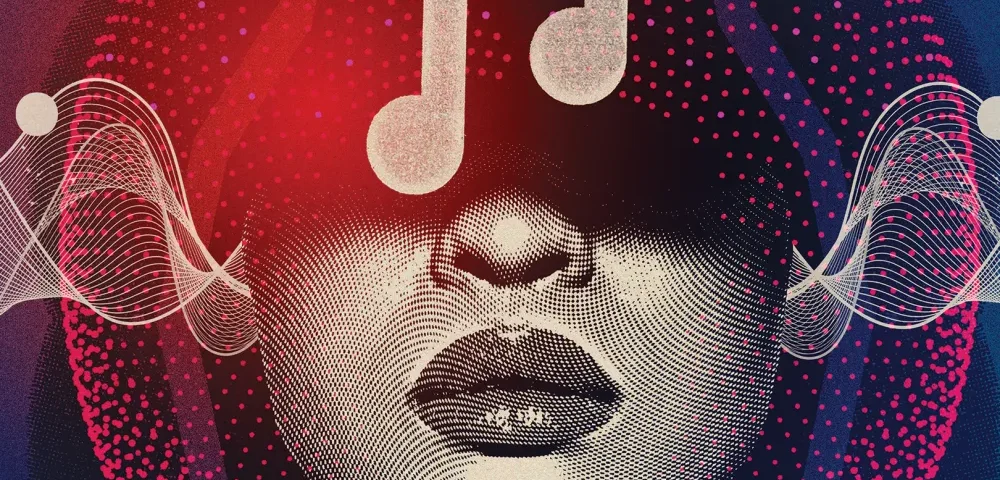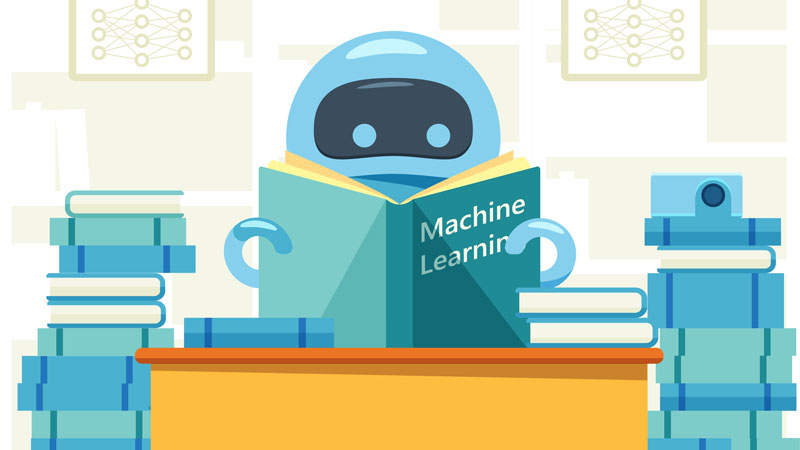
Is This What We Want? Musicians Push Back Against AI’s Free Ride
13 Mayıs 2025Artificial intelligence is no longer background noise—it’s headlining. In 2025, generative AI isn’t just remixing sounds; it’s producing entire songs. And not in the style of a niche techno label. We’re talking full orchestral scores, pop hooks, and ambient tracks designed for streaming, content creation, and even commercial releases.
But what does this mean for the humans who make music for a living?
Spoiler: it’s not just about losing jobs—it’s about losing cultural visibility, royalties, and creative space.
🎼 The Streaming Struggle: AI Eats Royalties
The rise of AI-generated music is already reshaping the economics of the music industry. CISAC projects a 24% loss in music creators’ income by 2028, largely due to AI displacing human works on streaming platforms.1 The logic is simple: AI tracks are cheaper, copyright-light (or free), and infinite. Music libraries built by Meta or TikTok don’t just save on licensing—they erase it.
This “content cannibalisation” has brutal consequences:
- Lower streaming royalties for human musicians
- Shrinking licensing fees for traditional composers
- Less shelf space (or algorithmic reach) for real artists
In other words, AI isn’t just competing—it’s crowding out the human voice.
🧑🎤 The Visibility Crisis: Human Creators Fade into the Feed
It’s not just about money. It’s about being heard.
The current streaming model already buries niche or independent musicians under algorithmically boosted hits. Add thousands of AI-generated tracks per day, and human works struggle to compete. AI doesn’t sleep. It doesn’t tour. It doesn’t care about credit. And it certainly doesn’t demand royalties.
Platforms favour volume, efficiency, and retention. AI delivers all three—while human artists are left fighting for attention in an ever-flooded feed.
🎶 Innovation or Imitation?
Defenders of AI music argue it expands creative possibilities. That’s true—AI can support composers by generating ideas, exploring styles, or even finishing incomplete works. But what happens when AI doesn’t just assist, but replaces?
If the industry shifts to AI-first production, the result isn’t innovation—it’s industrialisation. The creative process becomes automated. The cultural depth and lived experience behind music risks being lost.
As Sahin puts it, the unchecked rise of AI music may “marginalise human creators” and destabilise entire artistic communities.2
💡 Could AI Still Help Human Artists?
Yes—but only with the right support. Sahin’s proposal includes interviews with unions and rights organisations, aimed at identifying how AI tools could empower under-resourced musicians instead of replacing them.3 For example:
- AI as a co-writer or session player for independent artists
- Tools that let emerging musicians compete with major labels
- Revenue-sharing schemes that channel profits from AI works back to human creators
These aren’t just tech upgrades—they’re policy choices. Governments and institutions need to build frameworks that prioritise people, not just productivity.
⚖️ So What Can Be Done?
- Limit unregulated AI flooding
Platforms could cap how many AI tracks are uploaded daily or require labelling for AI-generated works. - Redesign royalty systems
Streaming models need to be recalibrated to reward creative input, not just clicks. - Introduce new rights and protections
Whether via updated copyright law or new neighbouring rights (see our last post), legal systems must adapt to ensure fairness in an AI-dominated market. - Fund human artistry
Just like public broadcasters fund journalism, governments could use a levy on AI outputs to support live music, education, and cultural creation.
🎵 Final Note: AI Can Make Music—But Can It Make Meaning?
Music isn’t just data. It’s story, struggle, joy, grief. While AI can generate infinite soundscapes, it can’t yet capture the soul behind a song. We must ensure that the rise of AI doesn’t silence the human voice.
If we want a future where creativity thrives, not just content, we need rules that amplify—not replace—real musicians.
Footnotes
- PMP Strategy, Study on the Economic Impact of Generative AI in the Music and Audiovisual Industries (CISAC, Nov 2024).
- Oya Sahin, PhD Proposal: Exploring Copyright in AI-Generated Music (2025), 3–4.
- Ibid., 4–5.


